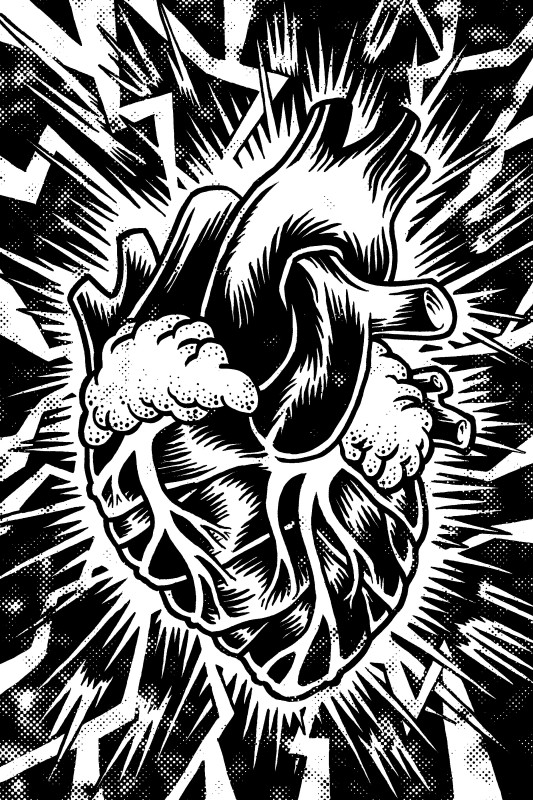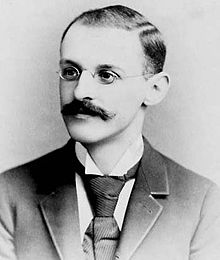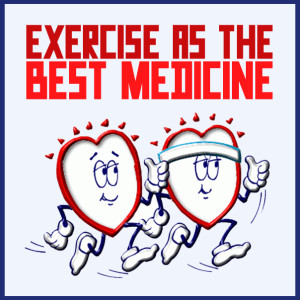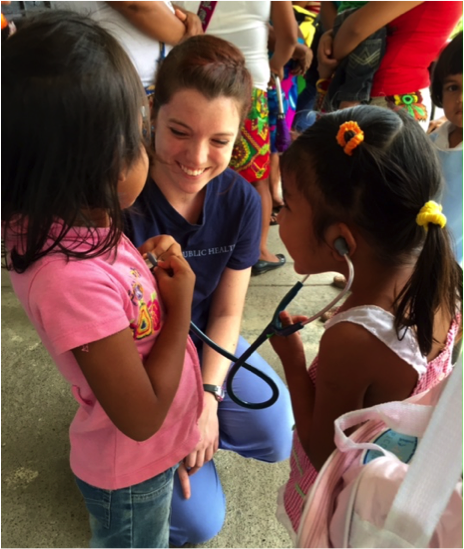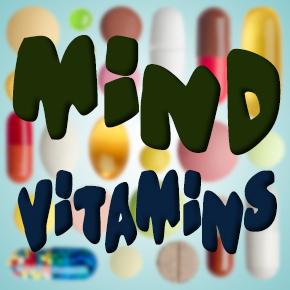What Medical Training Teaches Us About Acceptance
Physicians in-training are granted a privilege unparalleled in society. Human beings generously donate their bodies for our learning. They lay naked, exposed on cold stainless steel tables while strangers, who will never know their name, study them intimately. Like a grandfather telling stories to the next generation, their organs reveal to us a story of life.


